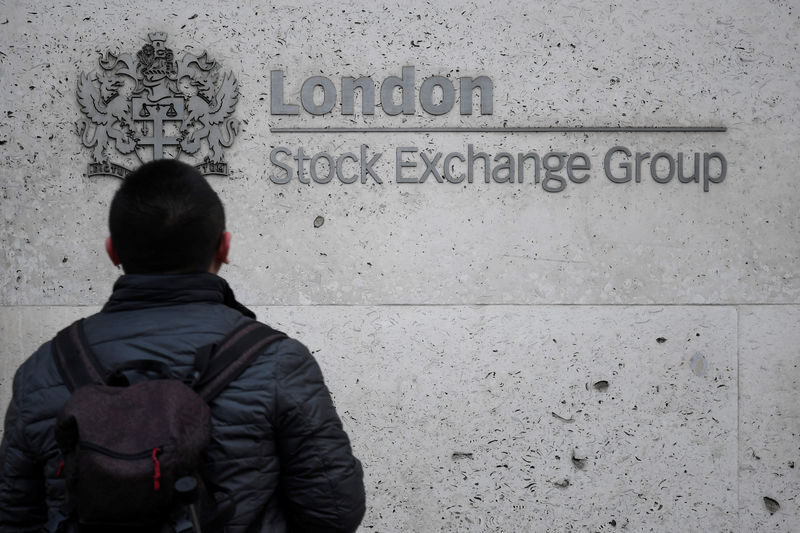By Marc Jones
LONDON (Reuters) - Asia and Europe's big bourses kept world shares on their record-breaking run on Tuesday, though a steadier dollar halted the sizzling start to the year for the euro, yen and yuan and sent metals markets sprawling.
MSCI's all-country world index (MIWD00000PUS) notched its third consecutive all-time high as growing confidence about the global economy pushed Japan's heavyweight Nikkei (N225) to its best level since 1991 during a lively Asian session.
The pan-European STOXX 600 (STOXX) then crawled 0.1-0.3 percent higher (STOXX) as technology and insurance stocks (SX7P) offset a 0.5 percent drop in miners (SXPP) caused by the buckling metals prices.
Copper slumped 1.8 percent
Analysts put the wobble partly down to supply issues after stockpiles of iron ore at China's ports leapt to the highest since at least 2004, but also the dollar -- used to price commodities -- pulling out of a four-day dive.
"Everything this year (in commodity markets) has been largely about the dollar," said Crédit Agricole FX Strategist Manuel Oliveri.
"It has been selling off regardless of rate expectations, regardless of the growth outlook," he added, saying he expected it to start to stabilise.
The steadier dollar also brought an end to the euro's four-day hot-streak. The single currency was also being buffeted by reports that parts of Germany's main opposition party are resistant to reforming a 'Grand Coalition' with Angela Merkel's conservatives.
The euro slipped back to $1.2235
Euro zone government bond yields switched direction too, with German Bunds coming off recent highs and low-rated Italian and Portuguese debt outperforming as investors returned to some of 2017's most profitable trades.
METALS MELT
Overnight moves in Asia included a 1 percent jump by Japan's Nikkei (N225) that saw it touch its highest since November 1991 and more gains for high-flying Chinese bourses.
Australian shares (AXJO) stumbled 0.5 percent as its heavyweight miners (AXMM) were bruised by the slide in metals prices.
"The yen's appreciation against the dollar has stopped and this brightened sentiment, along with expectations for robust company quarterly results," said Sumitomo Mitsui Asset Management's Masahiro Ichikawa about Tokyo's gains.
Japanese Finance Minister Taro Aso said on Tuesday that he did not see problems with the dollar weakening to around 110.80 yen, but that big swings in currencies would be problematic.
Crude oil prices were also softer after being driven to their highest levels since December 2014 this week by the dollar's weakness and signs that production cuts by OPEC and Russia are tightening supplies.
Brent crude futures (LCOc1) were down 30 cents, or 0.4 percent, at $69.94 a barrel after touching a high of $70.37 a barrel on Monday.

Gold